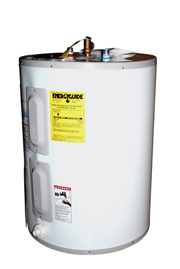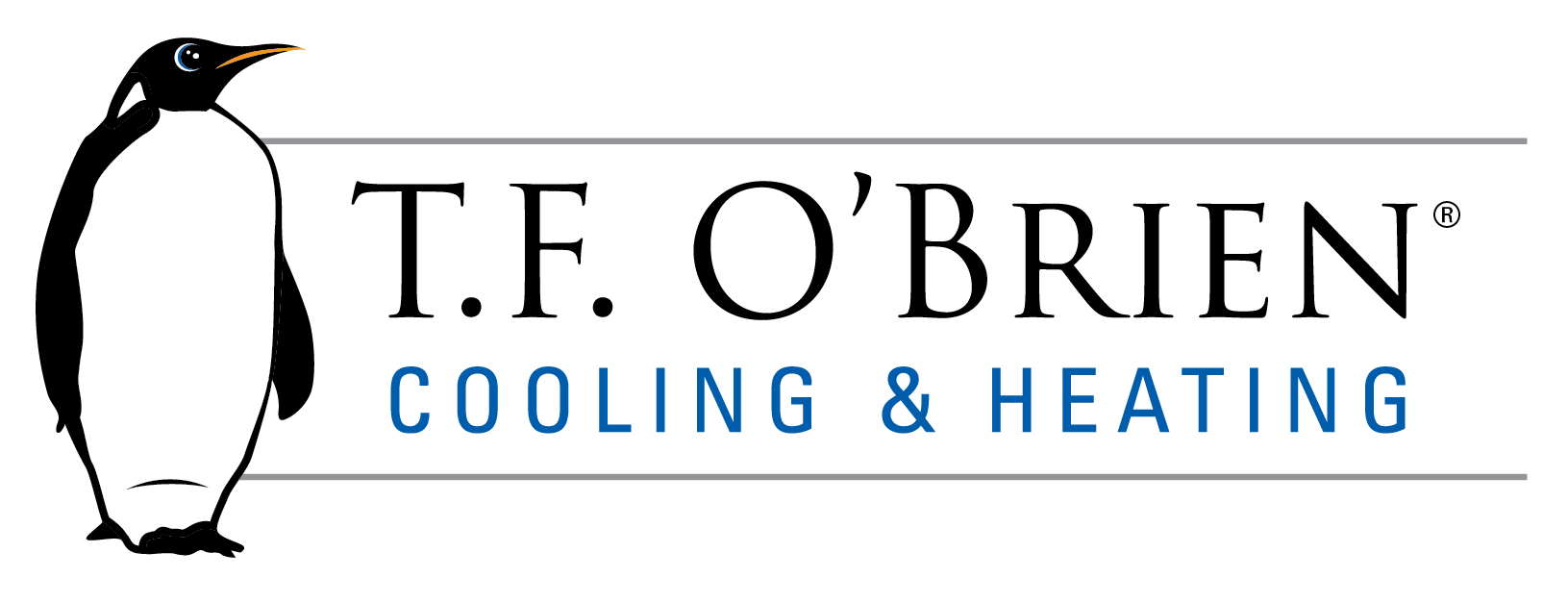 Most homeowners take their water-heating systems for granted, enjoying hot showers and not giving a thought to what’s supplying the comfort. But when hot showers turn cold, replacing your water heater may be the only remedy. Continue reading “Replacing Your Water Heater: Tips For Comparison Shopping”
Most homeowners take their water-heating systems for granted, enjoying hot showers and not giving a thought to what’s supplying the comfort. But when hot showers turn cold, replacing your water heater may be the only remedy. Continue reading “Replacing Your Water Heater: Tips For Comparison Shopping”
Tag: tankless water heaters
How To Size Up A Tankless Water Heater
 Tankless water heaters are one of the more recent developments in home water heating. Continue reading “How To Size Up A Tankless Water Heater”
Tankless water heaters are one of the more recent developments in home water heating. Continue reading “How To Size Up A Tankless Water Heater”
Tankless Water Heaters — 2 Sizing Terms You Should Know
 Tankless water heaters are a great option for many homes. Instead of heating water around the clock, like a conventional hot water heater, tankless heaters only heat water when there is a demand for it. This can result in significant energy savings, but not without taking two sizing factors into consideration. Continue reading “Tankless Water Heaters — 2 Sizing Terms You Should Know”
Tankless water heaters are a great option for many homes. Instead of heating water around the clock, like a conventional hot water heater, tankless heaters only heat water when there is a demand for it. This can result in significant energy savings, but not without taking two sizing factors into consideration. Continue reading “Tankless Water Heaters — 2 Sizing Terms You Should Know”
Here’s What You Need To Know If You Think It’s Time For A New Tankless Water Heater
 If you’re in the market for a new water heating system, you should give tankless water heaters consideration. A tankless heater, also called an instantaneous water heater, does not contain a storage tank, and can comfortably provide hot water while using less energy than conventional tank systems. But it is vital that such a system is properly sized for your home. Continue reading “Here’s What You Need To Know If You Think It’s Time For A New Tankless Water Heater”
If you’re in the market for a new water heating system, you should give tankless water heaters consideration. A tankless heater, also called an instantaneous water heater, does not contain a storage tank, and can comfortably provide hot water while using less energy than conventional tank systems. But it is vital that such a system is properly sized for your home. Continue reading “Here’s What You Need To Know If You Think It’s Time For A New Tankless Water Heater”
How To Get Peak Performance From Tankless Water Heaters
Tankless water heaters are a great way to save money on heating water for your home. However, like with any other home comfort equipment, there are ways to optimize energy efficiency and get the best possible performance from your tankless heater. Continue reading “How To Get Peak Performance From Tankless Water Heaters”
Questions to Ask When Choosing a New Water Heater
Water heaters are one of the biggest drains on a house’s energy, especially as they begin to age.There are a few things to consider when picking a new water heater. First, which system should you get? Here are some of your options: Continue reading “Questions to Ask When Choosing a New Water Heater”
Energy Savings Calculator: Making Every Dollar Count
Energy savings calculators are questionnaires that gather information on energy usage and process that information to identify changes that will decrease energy usage and provide energy cost savings. Using an energy savings calculator can help you focus on the parts of your home energy system that need attention. The Home Energy Saver website is a good example of an energy savings calculator.
After you input your household data, then the calculator provides recommendations on potential energy cost savings in the following areas:
- Heating
- Cooling
- Hot Water
- Large Appliances
- Small Appliances
- Lighting
The savings in energy costs are based on reduced energy usage after upgrading your current home energy system. Think of your home energy system as being enclosed in your house structure, or envelope. Making small but important changes in the envelope to seal leaks and add insulation are important first steps to reducing energy usage and costs.
Here in the New York and Long Island areas, heating and cooling are critical to your household. These systems should operate efficiently and provide the best performance for the least cost. One way to improve heating and cooling efficiency is through using a programmable thermostat. To improve the basic performance of your heating and cooling, consider replacing your heating or air conditioning equipment.
Hot water, appliances, and lighting are also areas where you can use the energy savings calculator to help decide on the best equipment upgrade plans for energy cost reduction. You can also take advantage of newer and more energy-efficient technology like solar and tankless water heaters, energy star appliances, and CFL lighting options.
T.F. O’Brien services the Long Island, New York area.
Our goal is to help educate our customers about energy and home comfort issues (specific to HVAC systems). For more information about preventive maintenance and other HVAC topics, please download our free Home Comfort Resource guide.
Tankless Water Heater Facts for Homeowners
With an increasing interest in energy efficient appliances for the home, tankless water heaters are often viewed as an attractive, cost-saving option. While conventional water heaters utilize storage tanks to hold the heated water for use, energy loss can occur when these units are operating in standby mode. Tankless water heaters, on the other hand, heat the water only as it is needed. This saves money by eliminating the potential for energy loss and the associated costs. In fact, ENERGY STAR® estimates that a typical family can save $100 or more per year with an ENERGY STAR qualified tankless water heater.
So, just how do tankless water heaters work? When the hot water tap is engaged, cold water flows into a heat exchanger located inside the tankless unit. If the unit is electric, an electric element heats the water. If it is a gas-fueled unit, a gas burner provides the energy to heat the water. It is because of this method that tankless water heaters are able to provide an almost continual supply of hot water.
Tankless water heaters typically provide hot water at a rate of 2 to 5 gallons (7.6 to 15.2 liters) per minute. Therefore, it is important to first consider how hot water will be utilized before purchasing a tankless unit for your home or business. For example, point-of-use units, or even smaller tankless water heaters, may not be able to keep up with the demand of multiple appliances running at once. For this reason, you may wish to consider installing separate tankless water heaters, or even a whole-house unit to ensure the highest efficiency.
Tankless water heaters can cost more than conventional storage water heaters. You may find, however, that any initial cost increase is generally off-set by the energy savings tankless units can provide.
T.F. O’Brien services the Long Island, New York area.
Our goal is to help educate our customers about energy and home comfort issues (specific to HVAC systems). For more information about preventive maintenance and other HVAC topics, please download our free Home Comfort Resource guide.
